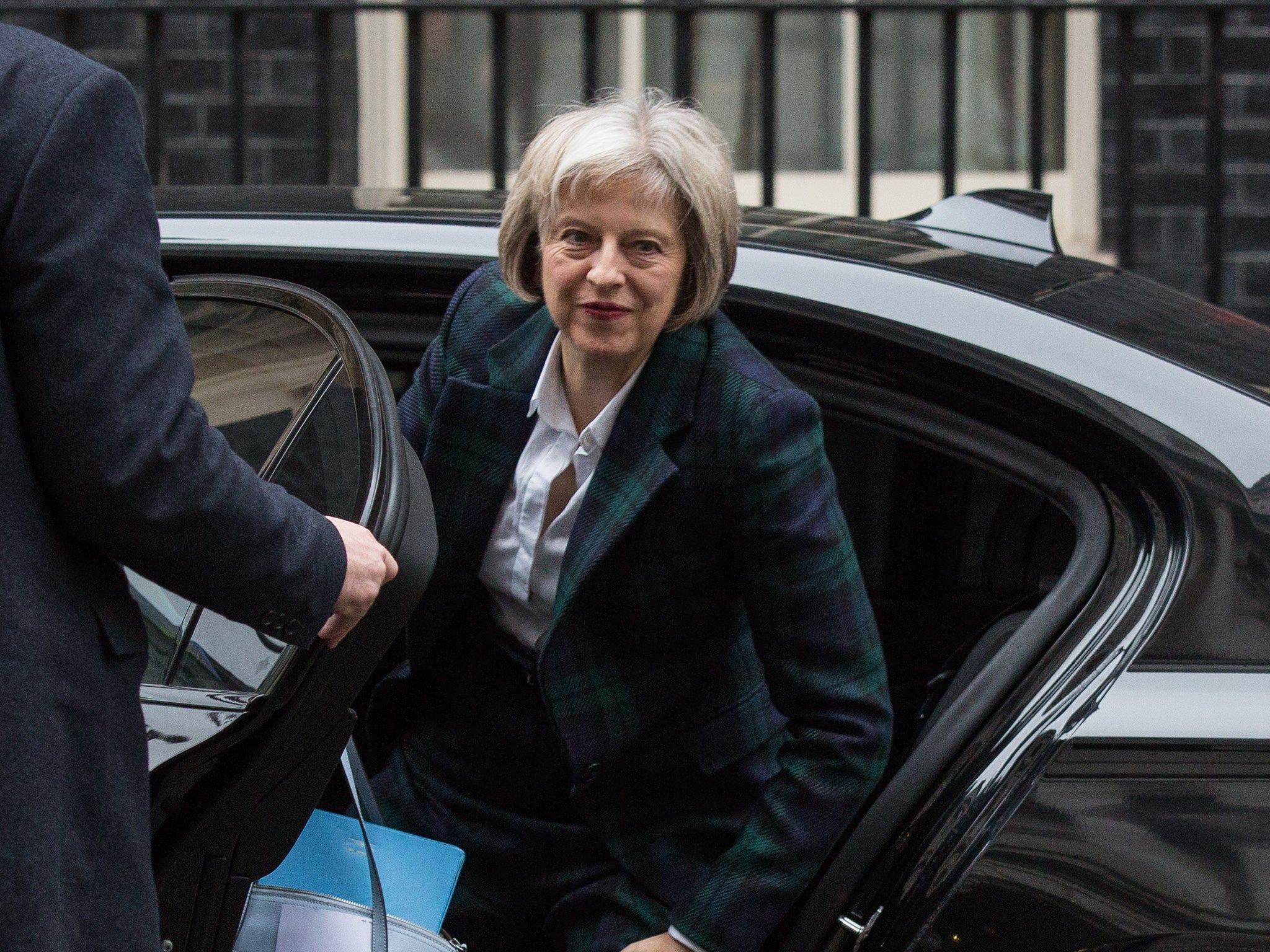Paris attacks: France calls for Britain to give European police access to DNA database
Proposals are controversial because some European countries use lower DNA standards than the UK

Your support helps us to tell the story
From reproductive rights to climate change to Big Tech, The Independent is on the ground when the story is developing. Whether it's investigating the financials of Elon Musk's pro-Trump PAC or producing our latest documentary, 'The A Word', which shines a light on the American women fighting for reproductive rights, we know how important it is to parse out the facts from the messaging.
At such a critical moment in US history, we need reporters on the ground. Your donation allows us to keep sending journalists to speak to both sides of the story.
The Independent is trusted by Americans across the entire political spectrum. And unlike many other quality news outlets, we choose not to lock Americans out of our reporting and analysis with paywalls. We believe quality journalism should be available to everyone, paid for by those who can afford it.
Your support makes all the difference.France is exerting diplomatic pressure on Britain to allow European police forces automatic access to the UK’s extensive DNA database to tackle cross-border terrorism in the wake of the Isis terrorist attacks on Paris.
The Home Secretary, Theresa May, has so far refused to commit Britain to signing up to the automatic exchange of DNA, fingerprints and vehicle registration data across the EU.
The proposals are controversial because some European countries use lower DNA standards than the UK, which could result in an increase in the number of false DNA matches leading to innocent people being extradited.
There are also concerns that the move could put additional pressure on already stretched British police forces to arrest suspects in foreign cases found to be living in the UK.
But in the wake of the attacks in Paris, senior French officials have called on Ms May to urgently rethink the Government’s position and back Britain’s participation in the so-called Prüm Convention when it is put to a vote in Parliament next month. They argue that speedy cross-border access to such information is vital for tracing and tackling suspected Islamist terrorists and should be part of Britain’s wider response to the attacks in Paris.
“We clearly have an interest in what Theresa May decides to do,” a French Government source said. “We know it is on her desk and by agreeing to take part Britain would be sending a clear signal that they want to work with European partners to tackle this threat that affects us all.”
It is understood that the French government has made official representations to the Government requesting that Britain agrees to participate.
It is believed to have the backing of Europol, the European police agency, which co-ordinates international action between forces fighting crime and terrorism as well as most other EU countries that are already members.
While not directly linked to David Cameron’s EU renegotiation effort, EU diplomats said that Ms May’s decision on Prüm could have ramifications for the Prime Minister’s attempts to garner support for wider reform proposals.
However, the proposals are facing opposition from Conservative eurosceptics in Westminster who have argued that as well as the potential for miscarriages of justice, the new system would increase the burden on UK police forces already facing significant budget cuts.
The Conservative MP Jacob Rees-Mogg said: “Clearly after the events in Paris last week, Parliament will want to co-operate as closely as possible with the French authorities.
“But an area like this should be decided on an intergovernmental basis and should not be matter of European competency. It maybe that we would want to share this information with some European states and not others.”
Join our commenting forum
Join thought-provoking conversations, follow other Independent readers and see their replies
Comments